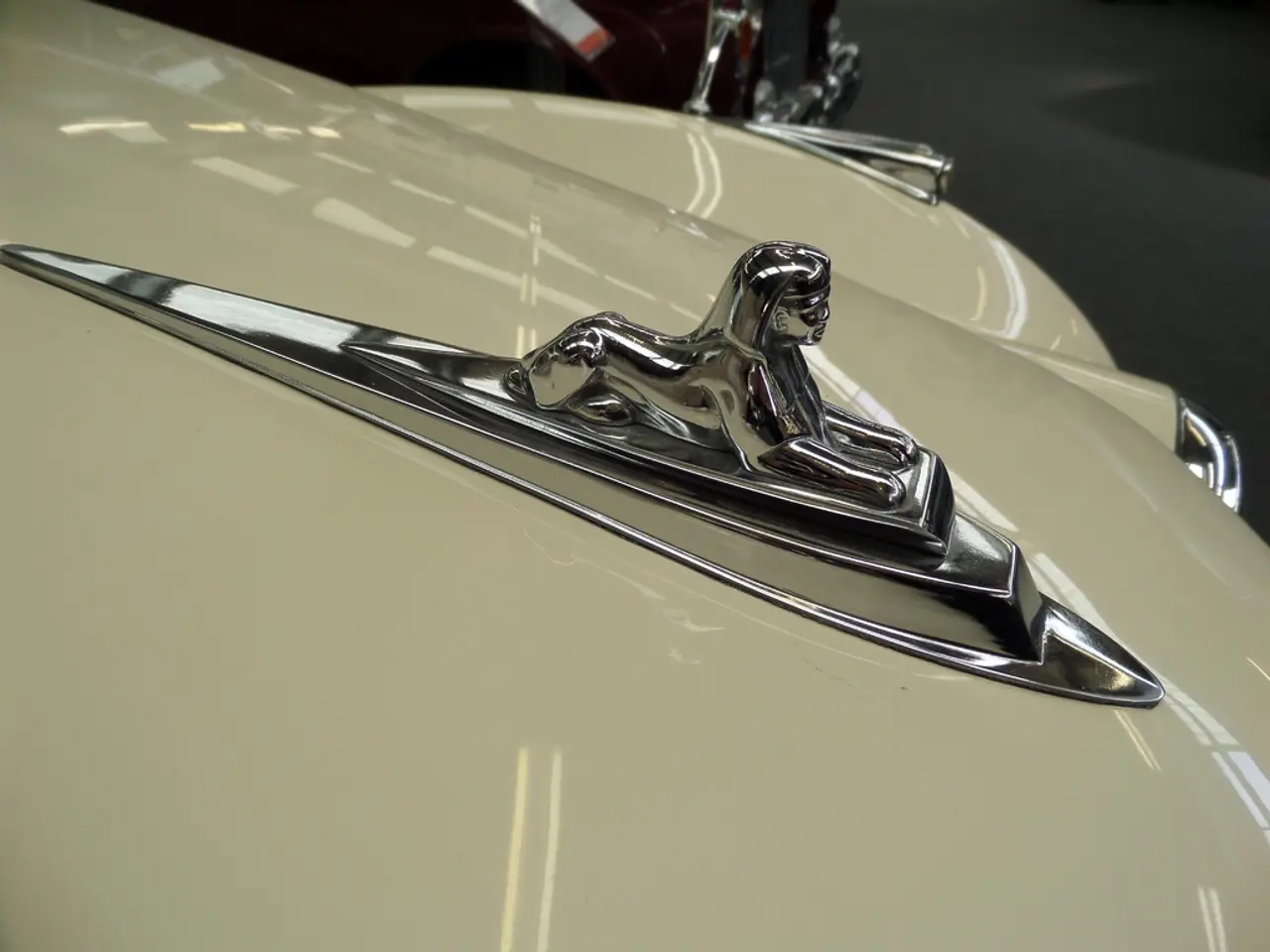Automakers Nissan and Honda join forces to establish a shared holding company for electric vehicles, with plans for Intel's involvement, and Mitsubishi being invited to participate.
In a bid to address the sweeping changes in the automotive sector, Nissan and Honda have signed a memorandum of understanding (MOU) to explore a potential business integration. The partnership, which includes the creation of a joint holding company, aims to pool the resources of two of Japan's automotive giants to accelerate advancements in electrification and vehicle intelligence.
The original memorandum of understanding signed in late 2022 envisaged a merger between Nissan and Honda, but discussions collapsed in early 2025 due to disagreements, particularly Honda’s expectation to be the majority shareholder, which Nissan rejected. Despite the failed merger attempt, the three companies—Nissan, Honda, and Mitsubishi—have continued their collaboration, exploring new cooperation frameworks.
The partnership centers on joint projects such as developing a proprietary software-defined vehicle (SDV) platform to debut in 2026. This platform will enable over-the-air updates and AI-driven features. The companies are also working together to share research, development, and production efforts to improve efficiency and compete against rapidly growing Chinese EV manufacturers.
Energy services and battery recycling initiatives aimed at cost reduction and sustainability are also part of the collaboration. Operational challenges have been faced by the companies in 2025, with declines in vehicle production primarily impacted by shrinking demand in China and Europe. The alliance seeks to mitigate these risks by complementing each other’s product lines.
Honda’s internal combustion engine vehicles are expected to support Nissan in emerging markets, while Nissan’s battery electric vehicles will boost Honda’s presence in North America. The current framework anticipates the SDV platform rollout in 2026, and a joint holding company listing on the Tokyo Stock Exchange is targeted for the same year, though this depends on evolving negotiations and additional agreements.
Mitsubishi Motors has until January 2025 to decide whether it will formally join the integration. If successful, the collaboration could position Nissan, Honda, and Mitsubishi as leaders in sustainable mobility while fortifying their competitiveness against global rivals. The potential joint venture could generate annual revenues exceeding 30 trillion yen (about $200 billion) and operating profits of more than 3 trillion yen.
The companies plan to establish an integration preparatory committee to guide the process, with a definitive decision expected by January 2025. Honda and Nissan are preparing for potential regulatory filings in the U.S., including a Form F-4 registration statement with the Securities and Exchange Commission (SEC). The partnership represents a strategic alignment and a bold statement of intent to redefine the future of transportation. If realized, the partnership could unlock benefits such as standardized platforms, advanced R&D collaboration, streamlined operations, and talent and technology integration. The proposed alliance comes at a pivotal moment for the auto industry, navigating rapid technological advancements and heightened environmental regulations.
- The companies are also focusing on energy services and battery recycling initiatives, which aim to reduce costs and promote sustainability as part of their collaboration.
- In 2026, the partnership plans to debut a proprietary software-defined vehicle (SDV) platform that will offer over-the-air updates and AI-driven features.








